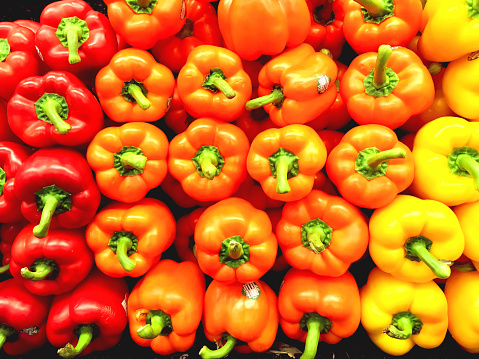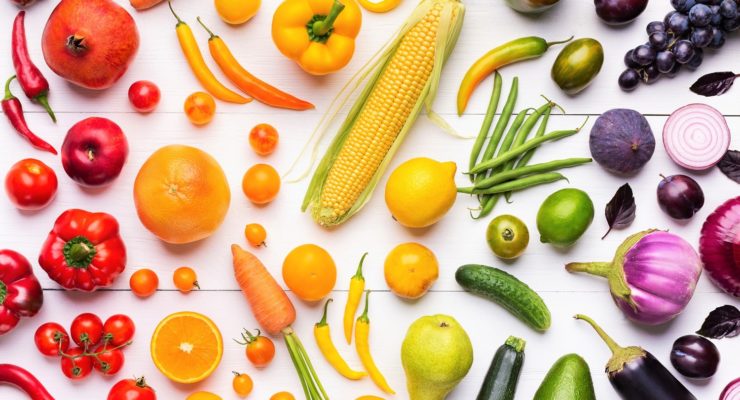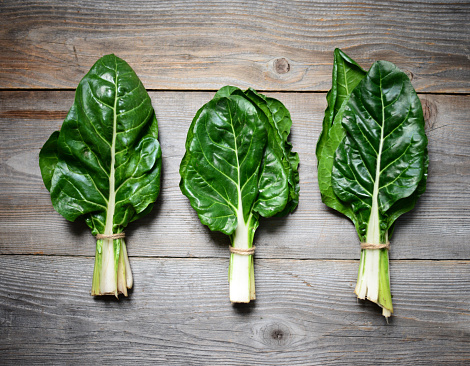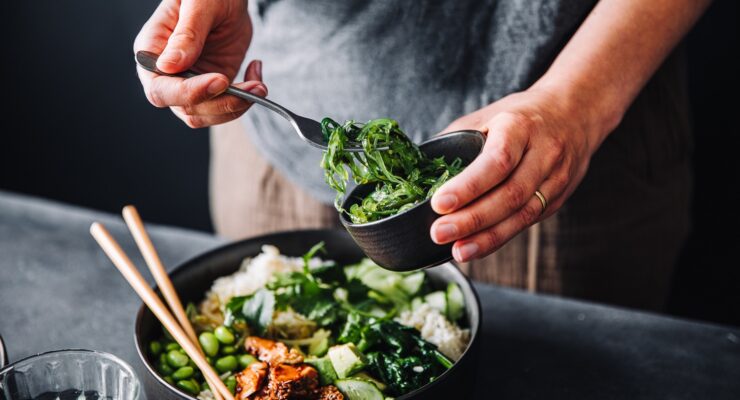6 Foods That Are Good for Your Eyes
Article posted in: Diet & Nutrition
It turns out that some of the latest food trends—kale smoothies, poached eggs on everything, nuts as snacks—may be some of the best things you can eat for your eyes.
It’s not just about carrots anymore. Studies over the last couple of decades have identified a number of nutrients that can help protect your vision, and reduce cataracts glaucoma (which are treatable) as well as age-related macular degeneration (which is incurable). Age-related macular degeneration is a gradual deterioration of the macula, a small part of the retina that controls visual acuity.
About 34 million Americans suffer from these and other eye conditions, some, like macular degeneration, that can lead to blindness, according to the National Eye Institute.
To keep your eyes sharp, particularly as you age, add these foods that are good for your eyes to the menu:
1. Yellow and orange produce
Oranges, peppers, squash, corn, carrots, apricots, sweet potatoes… they’re all good sources of two antioxidant plant chemicals, lutein and zeaxanthin, which have been shown to improve pigment density in the macula. Think of that as equipping your retina with its own sunglasses. That pigment helps protect the eye from absorbing blue and ultraviolet light, which can cause the kind of damage that can lead to blindness, say Harvard eye experts. Both those plant chemicals as well as vitamins C and E are concentrated in the lenses of the eyes, and produce also provides those eye-healthy nutrients. Researchers at Tufts University have found that those foods may also protect against cataract, which is a clouding of the eye’s lens.
2. Egg yolks
One of the richest sources of lutein and zeaxanthin in the American diet is the yolk of the ordinary hen’s egg. One study published in the Journal of Nutrition found that people who ate one egg a day for five weeks significantly increased blood levels of the two nutrients without boosting blood fats and cholesterol. In another study, levels of lutein were three times higher when participants ate eggs daily compared to those who got their lutein from supplements or spinach.
3. Leafy greens
Spinach, kale, even plain old lettuce are particularly rich in lutein. A National Eye Institute study found that people who ate their leafy greens had a reduced risk of macular degeneration. There’s also some evidence that lutein may help prevent cataracts. Leafy greens are chock full of vitamin A, which produces the pigments in your retina (one reason why the active form of A is also called retinol). Without A, you can develop night blindness and corneal damage, according to the US Library of Medicine’s online encyclopedia, MedlinePlus.
4. Fatty fish
Think salmon, halibut, tuna, sardines. The omega-3 fatty acids found in these fish are essential for vision development and the function of the retina. One in particular, docosahexaenoic acid (DHA), is concentrated in the retina. A deficiency of omega-3s has been linked to macular degeneration, damage to blood vessels in the retina in people with diabetes (diabetic retinopathy), and even to dry eye. The link to dry eye was discovered in the long-running Women’s Health Study, which involved more than 32,000 women. Those who ate the most foods containing omega-3 fatty acids were less likely to develop dry eye syndrome, in which the eyes are no longer able to maintain a healthy coating of tears. Your risk for the condition goes up as you age. In the Women’s Health Study, some of those women ate tuna five to six times a week!
5. Walnuts
If you don’t like or can’t eat fish, your next best choice is to make sure you have several servings of walnuts a week. They’re the only nut that contains omega-3 fatty acids. But they also contain eye-healthy vitamin E and powerful antioxidants called polyphenols that may help protect your eyes—not to mention the rest of you—from free radical damage, which has been linked to everything from eye damage to heart disease.
6. Coffee
Surprised? New studies suggest it does more than keep your eyes open in the morning. Cornell University researchers, after treating mice with a chemical that leads to degeneration of the retina, then applied one of coffee’s strongest antioxidant compounds, chlorogenic acid (CLA). The mice who got the dose of CLA actually didn’t experience any retinal damage. Of course, research done on mice isn’t as reliable as that done on humans but if you needed justification for more java, add this one to the list!










